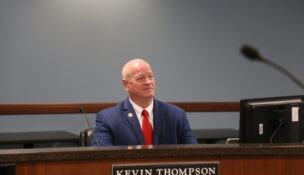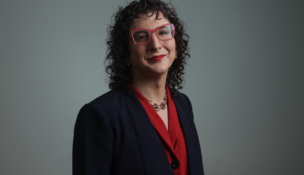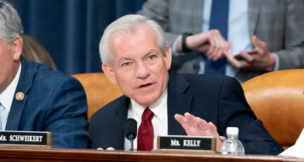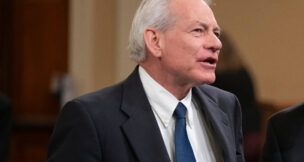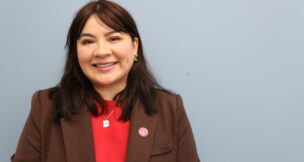Federal judge strikes down matching funds; appeal imminent
Christian Palmer//January 20, 2010//
Arizona political candidates who chose to run their campaigns with public money might have made a foolhardy decision. Matching funds, an important part of the state’s Clean Elections system, are...






